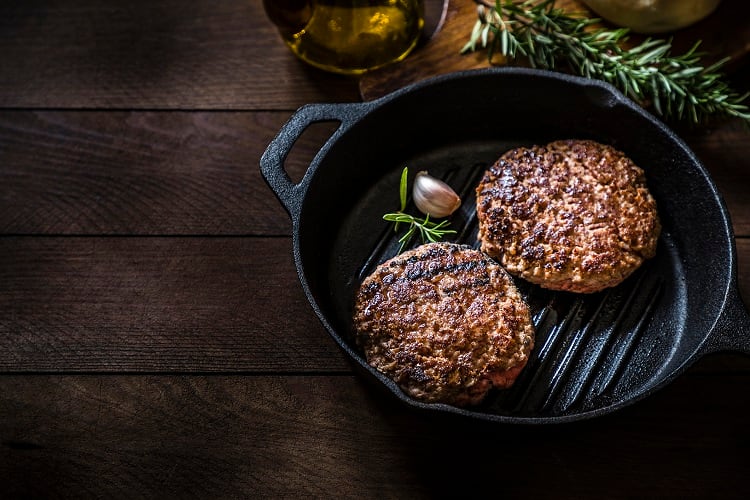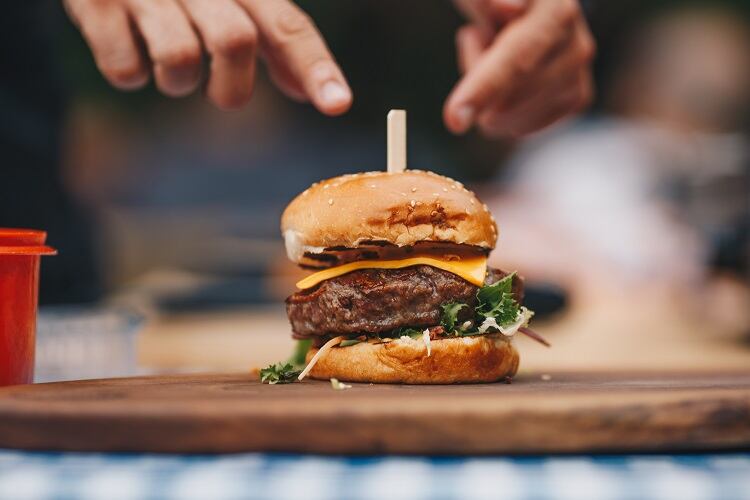Plant-based is flavour of the month and has been for some time. Forecasters don’t expect this trend to abate, with Research & Markets suggesting the plant-based food market is expected to grow at a CAGR of 11.9% from 2020 to 2027 to reach $74.2bn by 2027.
However, not all consumers are willing to trade in a beef burger for a soy- or pea-based alternative.
For many, the decision comes down to appearance, flavour, texture, and mouthfeel. “Consumers have come to love the comforting and warm sensation of biting into a burger; the savour and anticipate that first juicy, beefy bite,” according to Givaudan.
The Swiss flavours and fragrances company believes it can help consumers achieve that same sensation with a new patent-pending technology it has coined PrimeLock+.

The vegan-friendly solution is designed to mimic animal fat cells, and in so doing, enable food companies to take plant-based product development and consumer satisfaction ‘to a new level’.
“PrimeLock+ is a flavoured matrix which contains 25% coconut oil. There is no added sugar and PrimeLock+ contains less than 2% salt,” Flavio Garofalo, Global Category Director, Taste & Wellbeing, at Givaudan explained.
It works by retaining fat and flavour within a matrix throughout the cooking process. “Typically, when relatively high fat (10-15%+) meat substitute products are cooked, a significant amount of oil is expressed out of the meat substitute, ultimately leading to a dryer mouthfeel,” we were told.
“PrimeLock+ solves this problem by encapsulating fat (coconut oil) and flavour in a matrix that partially melts during cooking, retaining most of the fat during cooking and delivering a fat and flavour impression during consumption.”
Visually, it brings the same appeal of beef fat to plant-based products. It is white in colour and has a similar appearance to marbled fat when size-reduced and added to meat substitutes, Garofalo told this publication.
The technology – which is three years in the making – works ‘particularly well’ in plant-based burgers, sausages, and meatballs, especially when the customer is looking to reduce a high fat content while improving ‘juiciness’.

Specifically, the technology allows a reduction of up to 75% of the fat and 30% of the calories, all the while ensuring stability during shelf-life: PrimeLock+ separates flavours from proteins.
From a labelling standpoint, the ingredients that make up PrimeLock+, such as natural flavour and coconut oil, would need to be declared on pack.


